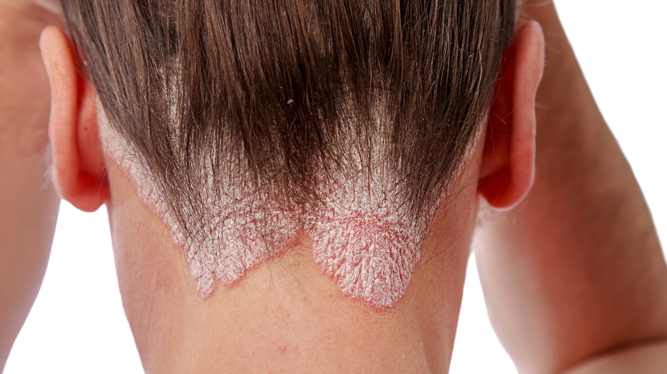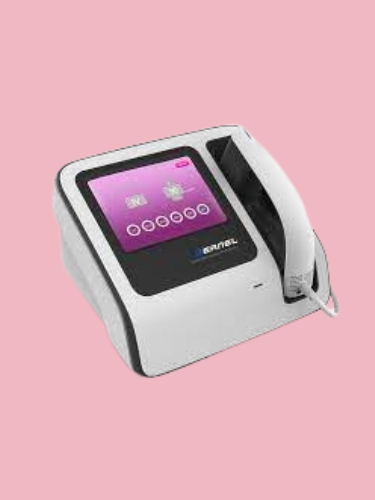
PSORIASIS
Psoriasis is a chronic skin disorder, which means a skin condition that doesn’t go away. People with psoriasis have thick, pink or red patches of skin covered with white or silvery scales. The thick, scaly patches are called plaques. Psoriasis usually starts in early adulthood, though it can begin later in life. People of any age, gender or race can get psoriasis. It can get better and worse throughout your life.



